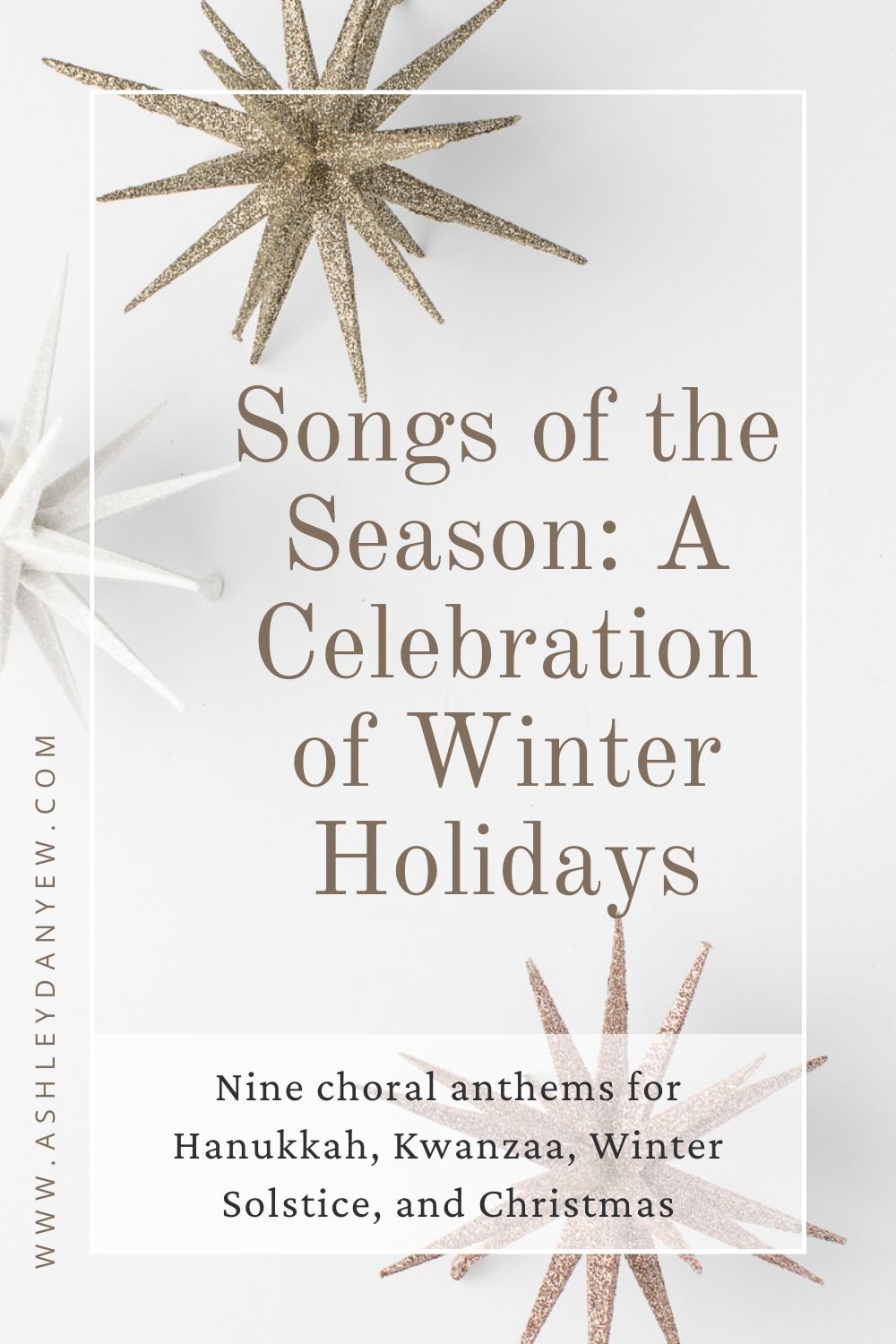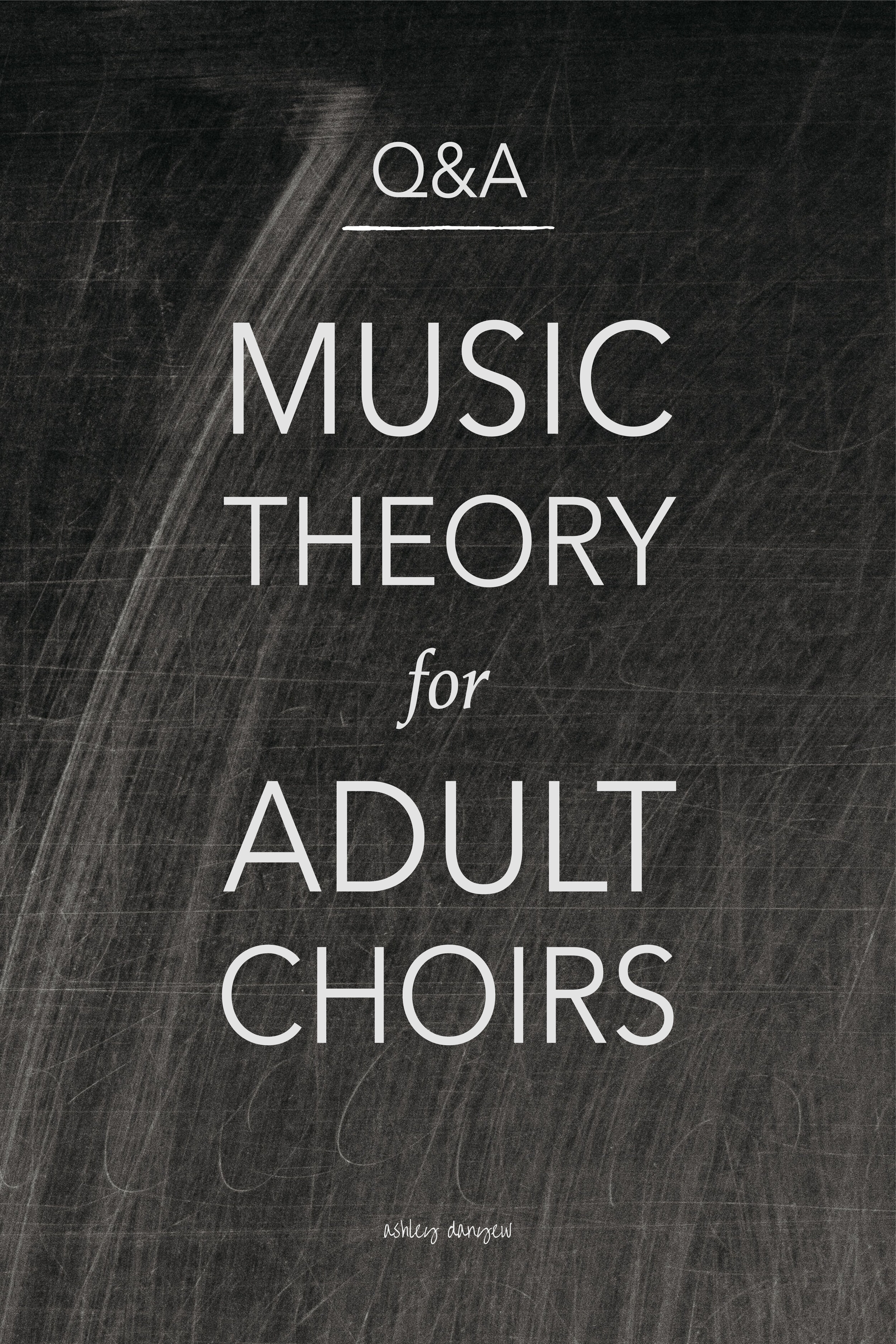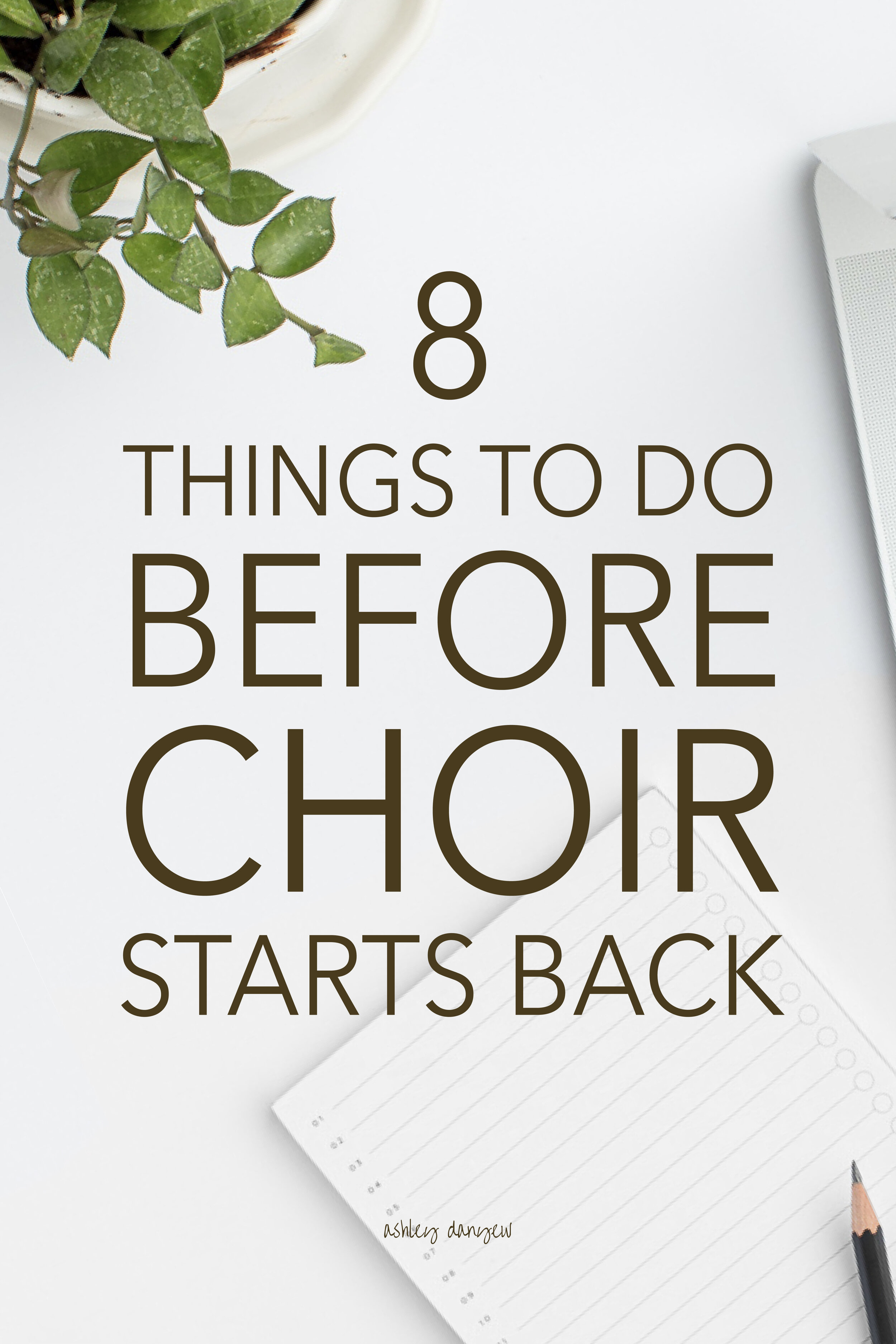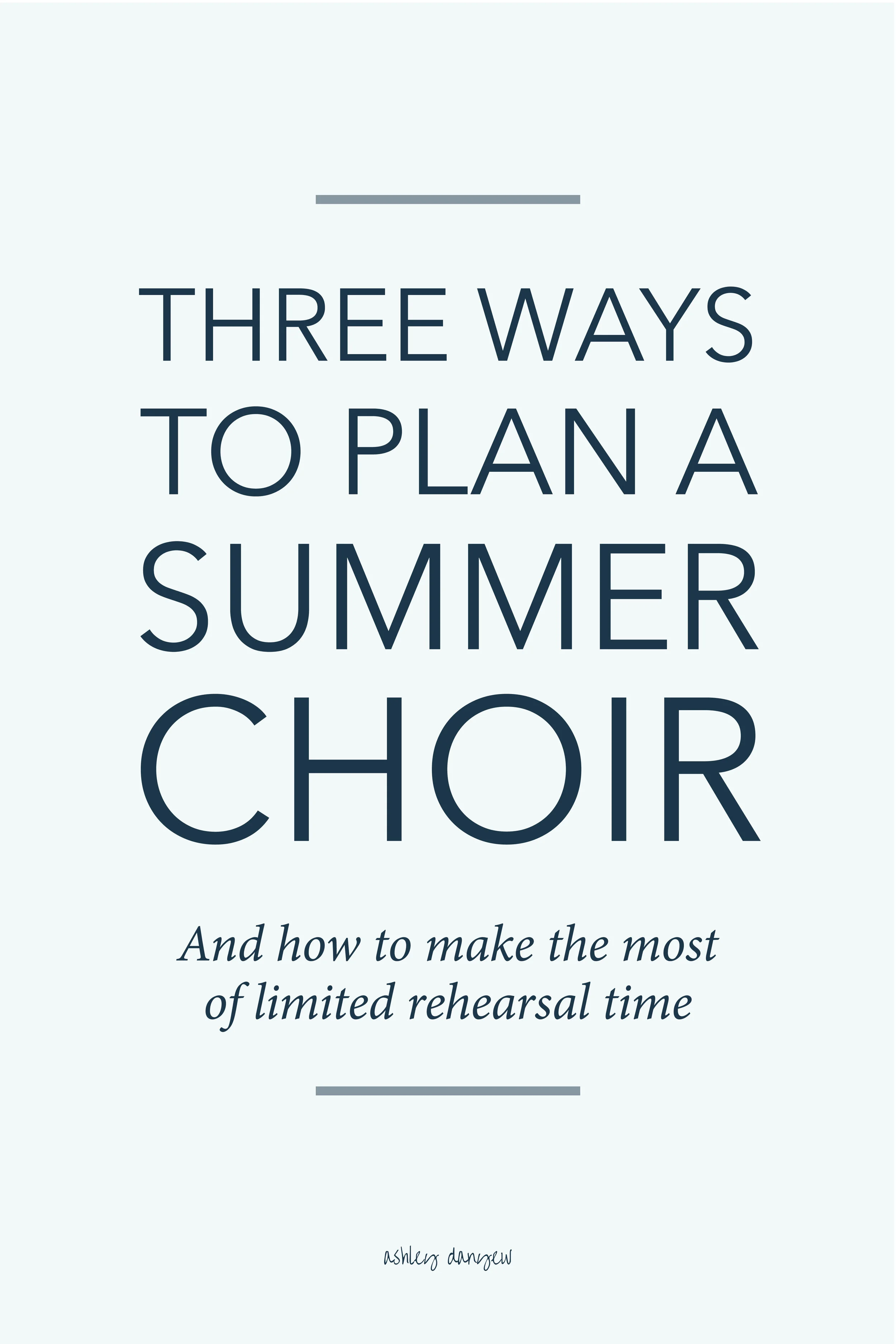A career in church music and ministry requires a variety of skills:
Performance skills: playing for worship and accompanying choirs, instrumentalists, and congregational singing. It sometimes includes harmonizing melodies, improvising, transposing, and even composing some of your own service music from time to time.
Leadership skills: choosing music that ties in with the rest of the service, perhaps selecting hymns each week, and leading the congregation in song.
Educational skills: introducing a variety of musical styles into worship, teaching new hymns or songs to the congregation, and if you’re directing an ensemble, teaching music-reading, rhythm, technique, musical expression, and aural skills.
Spiritual skills: caring, mentoring, and leading others in prayer.
How do you prepare for this kind of work and all that it requires?
What kinds of skills do you need and how are they learned or developed?
Today, I’m sharing eight practical, musical skills that will set you apart as a church musician in the 21st century. Let’s dive in!
8 Skills That Set You Apart as a Church Musician
01 | Cadencing & Vamping
This is a big one. I first developed this skill playing for weddings (because no matter how many times you practice, you can never know for sure how long it will take the wedding party to get down the aisle!). Once you have this skill, I think you’ll find you can use it all the time in worship services, as well.
In addition to knowing where the cadences are in a given piece, it's also important to know where you can turn back to in case you need more music (think communion servers not quite finished, ushers organizing the offering plates in the back, or a line of people still in the aisle waiting to hang an ornament on the tree during the Hanging of the Greens service).
02 | Transposing
I didn't do this a lot when I was playing for worship every week, but I have had to do it on occasion. Yes, music notation software will transpose things for you with the click of a button, but sometimes, you won't have time to input everything into the computer before needing to play (sometimes these things come up in rehearsal on Sunday morning! Think transposing a response to match the key of the preceding hymn).
You may also find that you like transposing the last verse of a hymn up a half step for added effect and it would be nice to do this without having to type it into a music notation software every time.
Basic transposing skills — the ability to move up or down by half or whole step — will come in very handy.
03 | Composing
Sometimes, it's hard to find a descant that will work for your sopranos or an obbligato that’s the right level for a student instrumentalist to play. In these cases, you may find it useful to write your own short part to accompany whatever hymn or anthem you're doing that day. Don't let the lack of available descants hinder what you do or who can play/sing!
A few other ways to use composing skills in worship:
Write out a few quick parts for an instrumentalist or chamber group to play on the hymns
Compose a prayer or benediction response for the choir to sing
Write a new hymn tune to celebrate a special Sunday or anniversary in the church
Create your own hymn harmonizations
Write musical transitions between pieces in the service
04 | Improvising
Improvising is one of those skills that’s not often taught in private study or included in performance degrees. When we think “improvisation” we tend to think “jazz,” but the truth is, this a valuable skill that used to be a significant part of church music (think back to the days of J.S. Bach). If you can develop basic improvising skills, this will definitely set you apart from other church musicians today.
A few ways you might use improvising skills in worship:
Improvising service music (e.g. Toccata on “Truro” or Prelude on “Foundation”)
Embellishing and re-harmonizing hymns
Creating musical transitions between pieces
Adding traveling music (e.g. before and after the choir anthem, before and after children’s time)
Underscoring a reading, prayer, or litany
Create custom instrumental arrangements of hymns or songs based on the instrumentation available to you
05 | Chord & Scale Patterns
This is a vital skill for choir warm-ups. The ability to play a blocked or broken triad in every (major and minor) key and a variety of 5-finger patterns to match the choir's vocal warm-ups are invaluable for the choral accompanist, and director if you're all-in-one!
Pro Tip: Don’t just practice in ascending order; practice descending by half step or whole step and jumping around to various keys.
Want to develop some of these skills yourself?
I’d love to have you join me in The Church Musician Primer, an online keyboard skills class for church music directors, keyboardists, and organists to help you learn and develop must-have 21st-century music skills.
Enrollment is open!
06 | Sight-Reading
This is an especially useful skill to have on those Sundays when the congregation does an open hymn-sing (where members raise their hands and call out a hymn number to sing), but you’ll also find it an invaluable skill in rehearsal: reading new anthems and service music, rehearsing with a soloist for the first time, and other moments when you’re put on the spot without time to prepare).
07 | Reading Open Score
Open score means that each vocal part is written on its own line instead of traditional Grand Staff notation. This means you have to read four lines of music at once if playing SATB choral parts. This can be tricky if your eye is not used to reading that many lines at once and it takes a little practice to do it proficiently. You probably won't need to do this all that often, but it's good to develop the basic skill so you can do it in a pinch, if needed. Here are a few tips.
08 | Flexibility
The ability to be flexible — to respond at a moment's notice to what the choir or an ensemble or the congregation needs — is invaluable, both in rehearsal and also in worship. This requires careful listening, quick reflexes and reading skills, and a degree of sensitivity.
Flexibility may include:
Playing something by ear
Harmonizing a simple song where only a melody is provided
Adjusting tempo or dynamics in the moment
Skipping ahead in the music to follow the director or soloist
Improvising in the moment when something unplanned happens or something takes more time than originally thought
Adapting in the moment if something gets done out of order
Summary
In summary, there are several musical skills that are beneficial (and sometimes vital) to church music work that aren’t often taught in school and private studios. It’s up to you to learn and develop them on your own.
I’d love to hear from you:
What skills have you found to be invaluable in church music work? What skills are you hoping to develop this year?






































